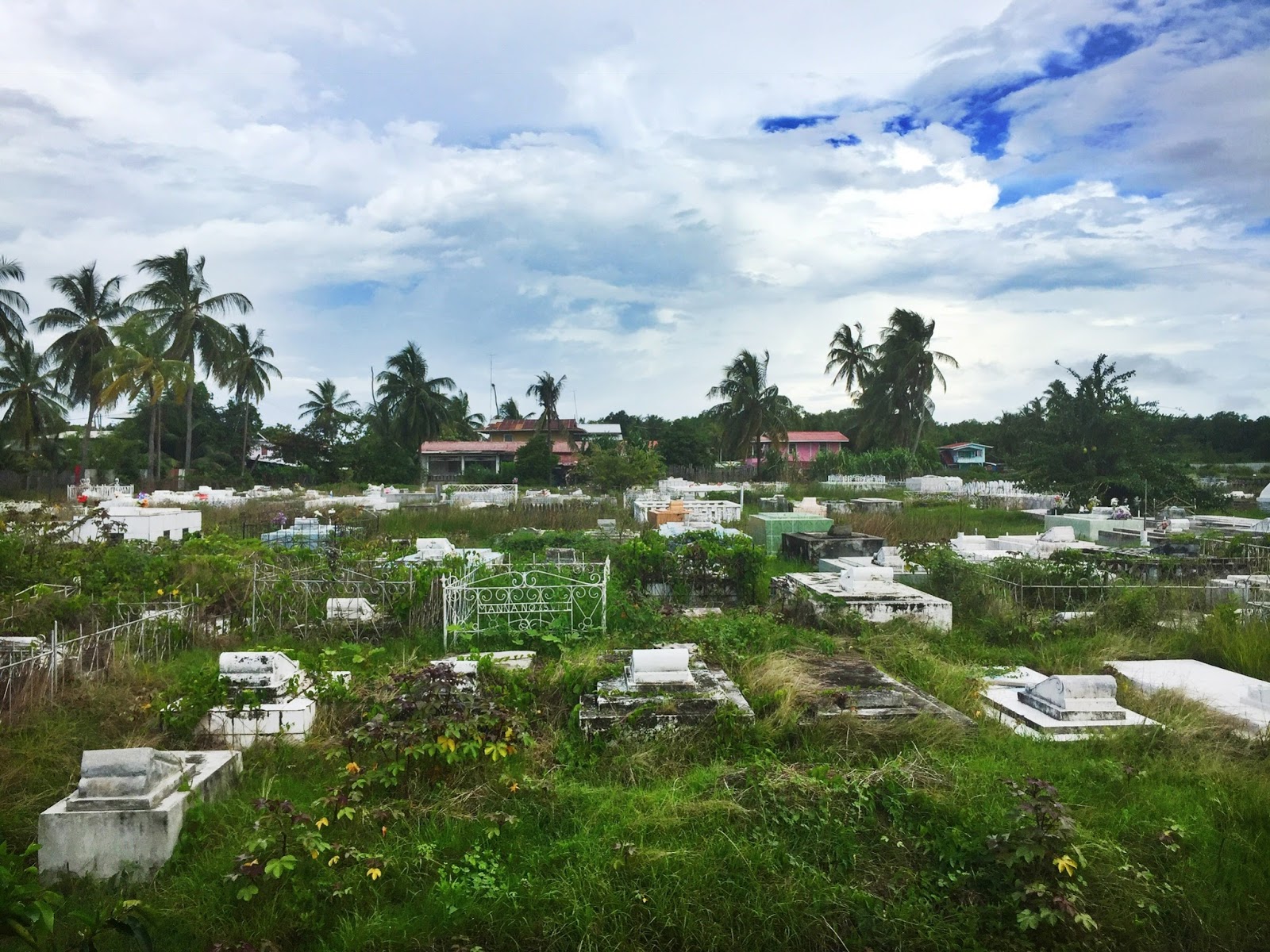
In a small white conference room at the Georgetown Public Library, 30 or so members of the Working People's Alliance (WPA) sat in a circle to commemorate the life of Dr. Walter Rodney in an annual public forum.
Rodney, a prominent Guyanese activist who was assassinated by a car bomb in 1980, founded the WPA, a political party with the primary focus being to unite various ethnic groups that had been perpetually marginalized and racially divided by colonization.
We were invited to the event by one of our first contacts in Guyana, Vanda Radzik, a well-connected activist in Guyana working against gender-based violence. Upon entering the room she introduced us to many members of the community—journalists, students, activists, and her sister, Denuta Radzik, who works at Help and Shelter, an organization that assists women and children seeking shelter from gender-based violence.
The discussion began with some remarks about Rodney's legacy of racial and political activism in Guyana, before spiraling into a discussion of the racial division that still plague the country today.
An elderly man, leaning out of his seat over a cane, spoke slowly about his long career as a teacher in Guyana and "the importance of history" in addressing these racial divisions. Guyanese history is not a focus in schools across the country, he said, and he attributed the serious racial division to a lack of knowledge of the country's complicated history.
"We need to confront the racial divide and explore how this came to be," the former teacher said. "There's a lot of talk about social cohesion, but I don't know if it is taking off."
Guyana's racial tensions are rooted in a long history of slavery, indentured servitude, and colonization. Dutch settlers first brought slaves to Guyana as early as the mid-17th century and a plantation economy fueled by African slave labor dominated the economy through 1838, when slavery was officially abolished. British plantation owners attempted to lure Portuguese workers to work on their plantations, and a large population of Chinese immigrants came to Guyana for opportunity as well, but these groups preferred less exploitative work in Georgetown. Worried about a lack of available labor, plantation owners began to contract indentured servants from India, and soon thousands of East Indians were brought to work on the plantations. The British government outlawed indentured labor in 1917, post-World War I, in which Afro-Guyanese men had fought. returning to a higher social class. In 1966, Britain granted Guyana its independence, leaving behind a complex social hierarchy defined mostly by race.
The room displayed this racial diversity, though most seemed to agree on the need to transcend this division and unite not only as one Guyanese nation, but also as one Caribbean people in the wake of post-colonialism.
"We can't fix the problems in Guyana until we fix the problems taking over the whole Caribbean," one woman said. "Capitalism," she muttered.
Quickly the discussion delved into what would become the topic of the night: a group of seven Haitian women and their eight children flew to Guyana with signed visas; they were detained for almost two weeks in separate prisons. According to activist Mark Jacobs, the Haitians had done nothing illegal and the women had been separated from their children since they exited the plane.
While most people in the room united over a petition, which was later drafted in hopes of freeing these Haitians, some detested the idea of helping Haitians.
One man spoke about the violence that these Haitian refugees bring to Georgetown, stirring a bit of an uproar before storming out of the room. Another young man argued that Guyana must address its own issues before bringing in people from other Caribbean nations.
"We cannot go forward as individual nations. We need to fight as a Caribbean people," one woman said.
"We were all refugees," one man yelled. "We cannot forget that."
The word "refugee" may have been misused here. He must have meant that Guyana is a melting pot of displaced people, all under the driving force of colonization.
As one of the only two Americans in the room, I began to feel a bit uncomfortable. It was clear everyone was talking post-colonialism. People from all over the world were brought to the Caribbean as slaves and indentured servants before both were effectively banned, which left behind a wave of racial tensions and confused social status from which the country has still not recovered. Tourism provided a second wave of economic stimulation in many of these nations (though not Guyana), but as cruise ships monopolized Caribbean travel, these nations were again left behind.
Guyana has hovered at the top of the WHO's highest reported suicide rates for many years. Gender-based violence has taken the lives of countless women, and many men take their own lives in the wakes of these murders. Poverty is unavoidable in the streets of Georgetown. Alcohol abuse is rampant, and homelessness seems to be just as much of a problem as in the States.
We have much more to learn—the violence, mental illness, suicide, and devastation are the broken shards of something much larger.








